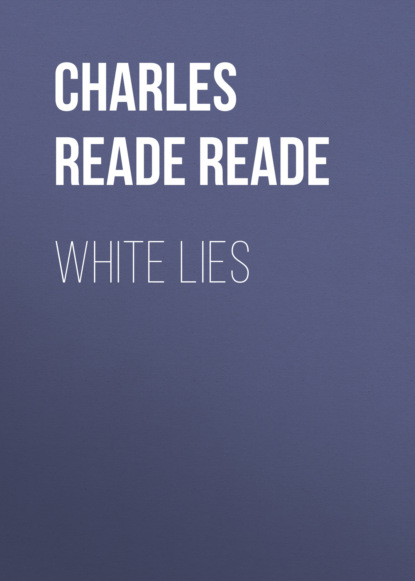Sayfa sayısı 410 sayfa
0+

Kitap hakkında
In «White Lies,» Charles Reade masterfully weaves a complex narrative that delves into themes of societal morality, identity, and the human condition. Set against the backdrop of Victorian England, the novel employs a richly descriptive prose style, characterized by its intricate characterizations and sharp dialogue. Reade'Äôs sharp critique of social hypocrisy is encapsulated in the lives of his characters, as they navigate a world where falsehoods often obscure the truth. The novel's exploration of the consequences of deception, alongside its commentary on gender and class, places it firmly within the Victorian literary context while maintaining a timeless relevance. Charles Reade (1814'Äì1884), an influential Victorian novelist and social critic, drew upon his diverse experiences in law, medicine, and drama to craft his literature. His commitment to exploring the hypocrisy of society can be traced back to his early career, influencing his passion for instigating social reform through fiction. «White Lies» is often regarded as a reflection of Reade's deep concern for the plight of the marginalized and his belief in the transformative power of truth. Readers seeking a compelling exploration of facades within society will find «White Lies» a rewarding read. Reade's keen insights and poignant storytelling invite contemplation on the nature of truth and the complexities of human relationships. Engaging and thought-provoking, this novel is a testament to the enduring questions surrounding morality and deception.
